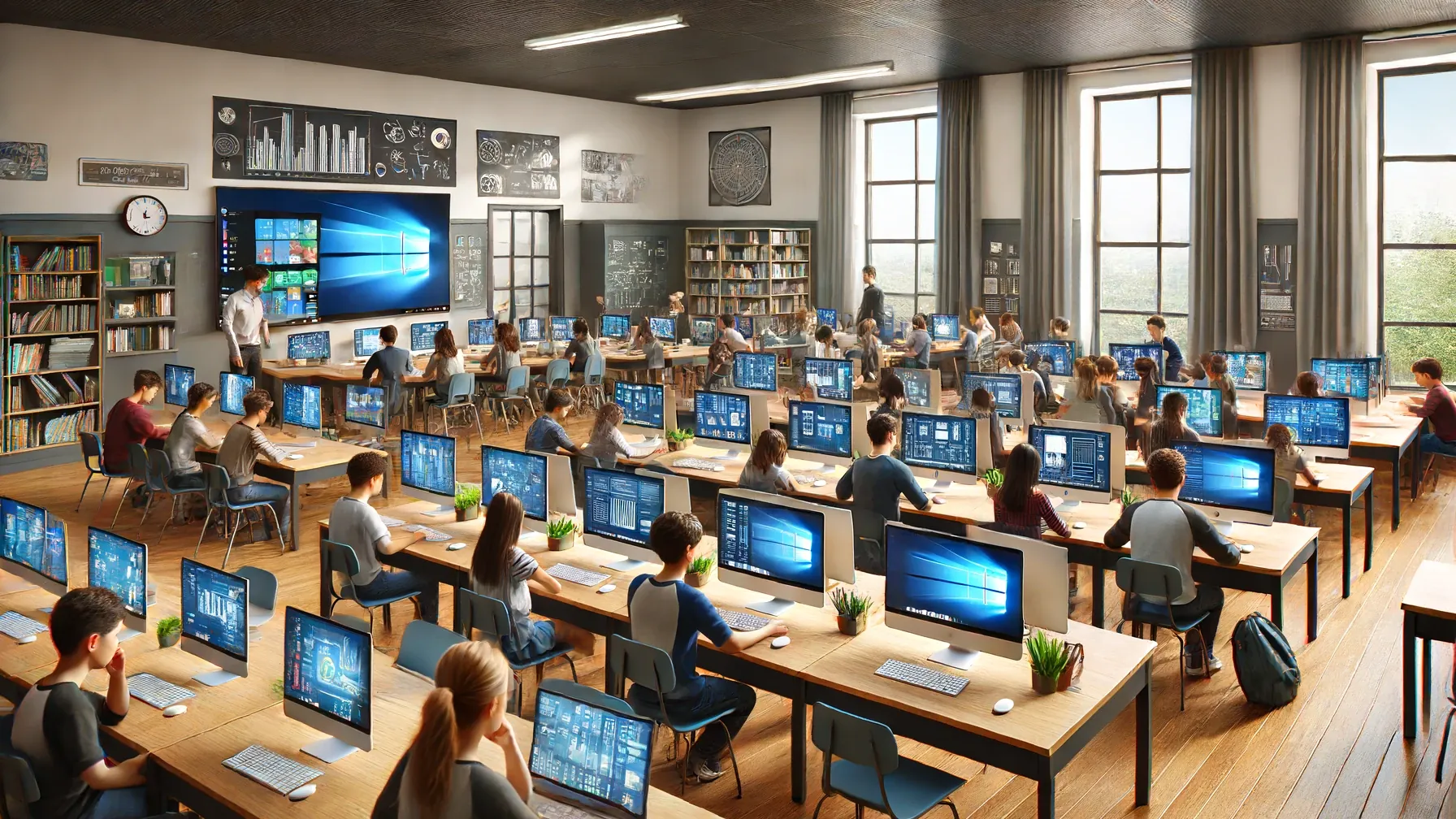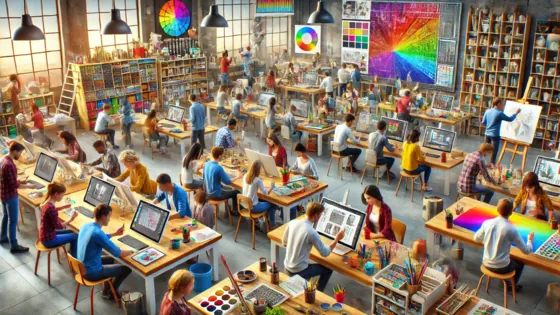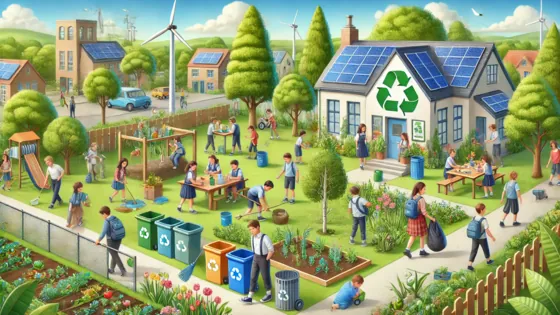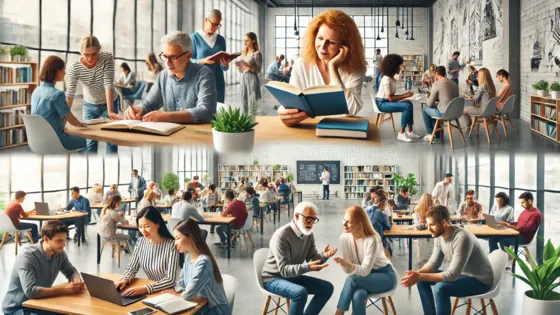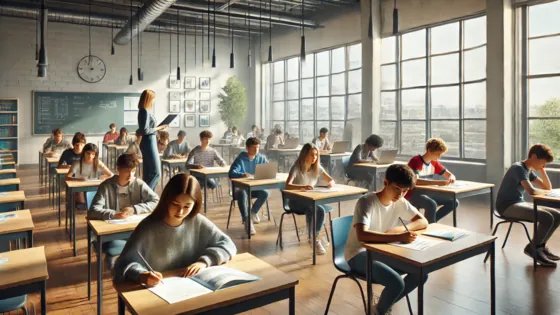The advent of technology has significantly redefined the educational sector, ushering in new pathways and tools that enhance the learning process. This examination seeks to understand the deep-seated implications of these technological advancements.
Enhancing Access to Educational Resources
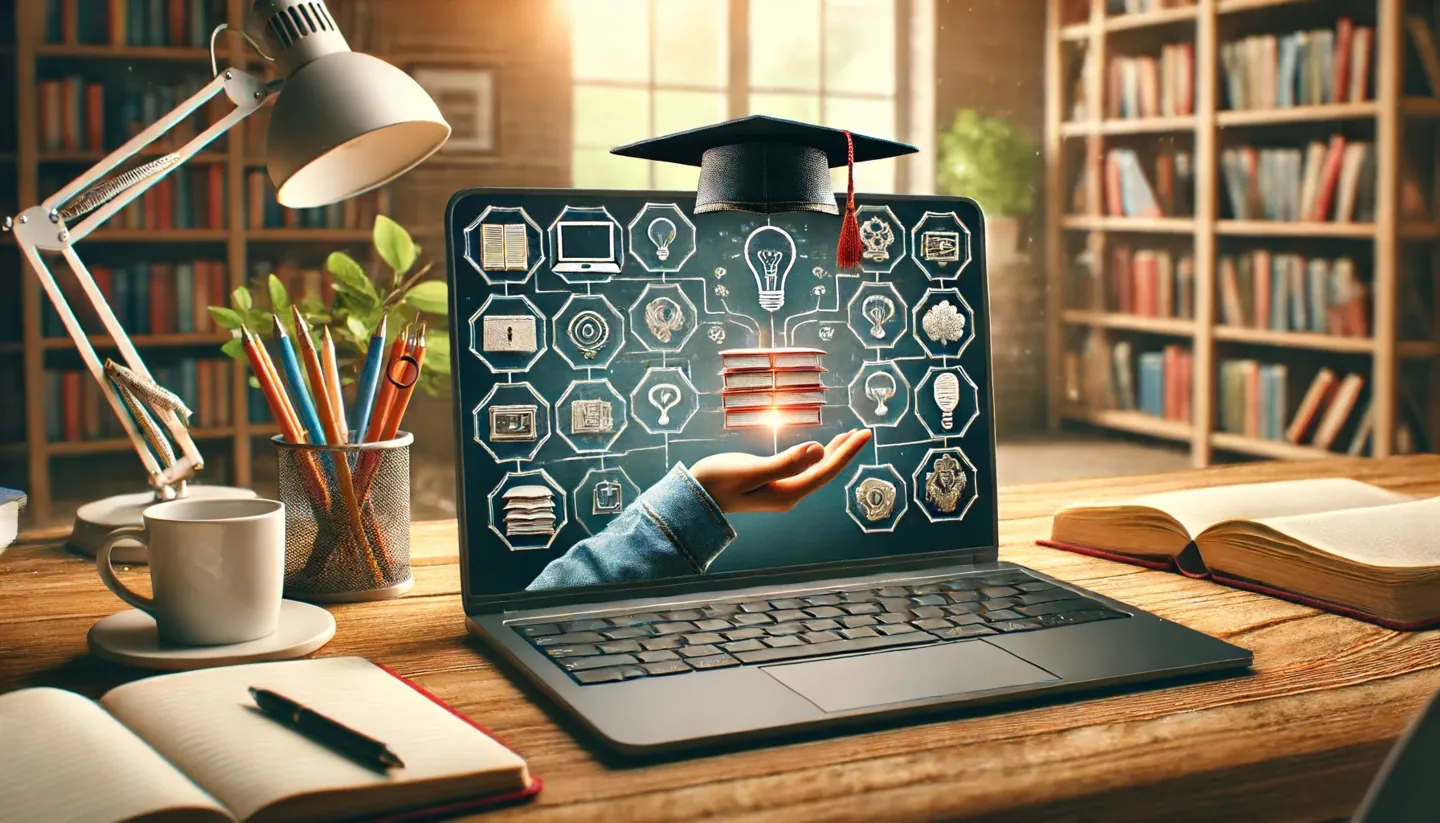
The proliferation of the Internet and multiple digital platforms has made the distribution of educational content to a wider audience much more straightforward. Through various digital education mediums such as online courses, webinars, and digital libraries, learners worldwide can now access educational resources without the constraints of their geographical locations.
A notable advantage of this increased access is the proliferation of learning opportunities available to students. With the development of digital technologies and online learning environments, students are now able to access a broad spectrum of educational content, courses, and tools that were previously unattainable due to geographical, financial, or other barriers.
Additionally, the greater availability of educational resources supports the creation of individualized learning pathways. Students are empowered to choose courses and materials that align with their interests and developmental stages, advancing at their preferred rate and focusing on areas most crucial to their personal and academic growth.
The extensive availability of these opportunities significantly advances educational fairness, breaking down socio-economic barriers and ensuring equitable access to learning for individuals across various demographics, irrespective of their location, economic situation, or physical abilities.
Customizing the Educational Journey
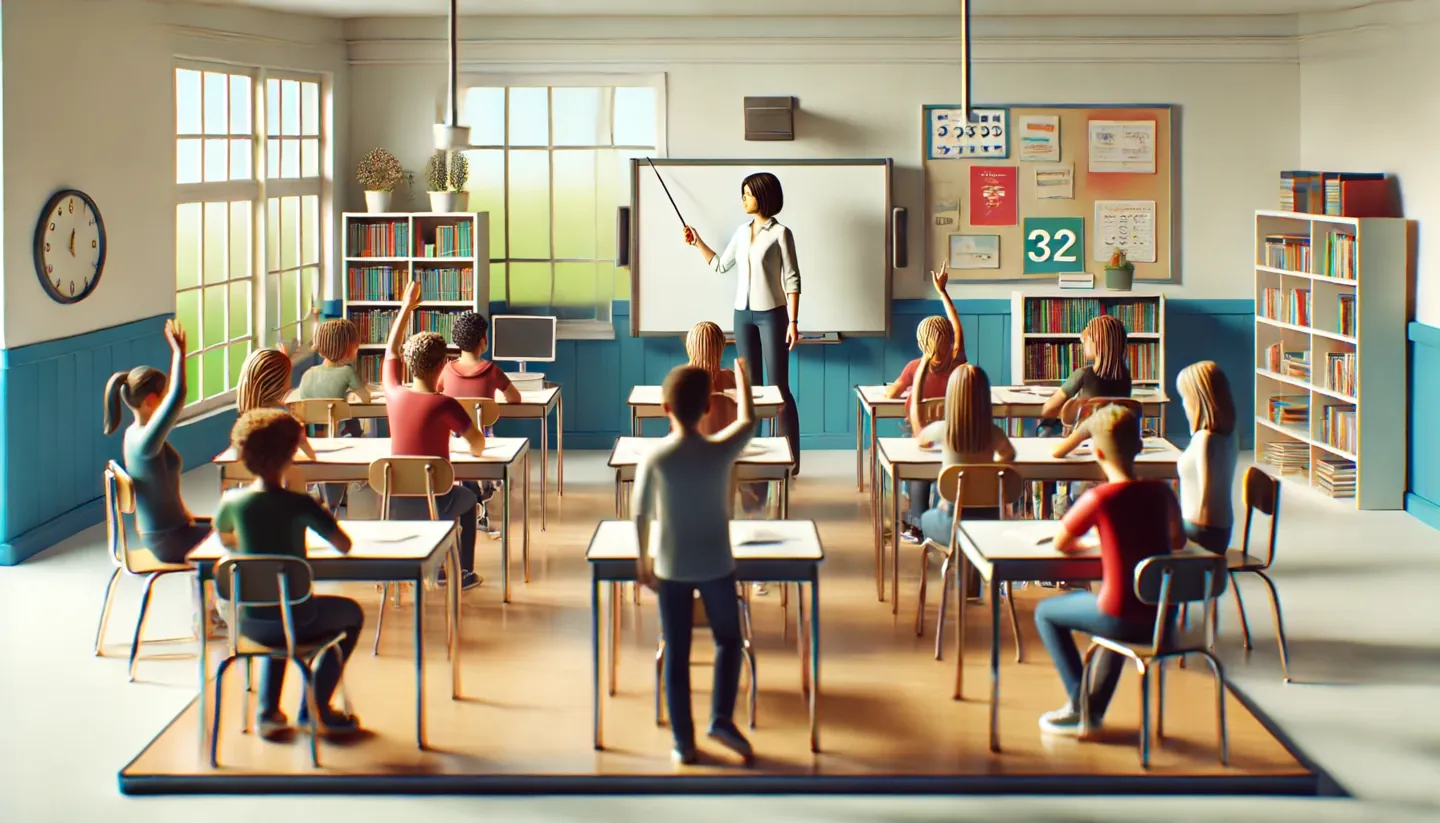
Digital tools provide unique opportunities for tailoring educational content to the specific needs of each student. Educators can utilize interactive platforms and applications to evaluate student performance and adapt assignments and courses to suit individual needs better.
This personalized education method involves implementing tailored teaching strategies for each learner. Educators abandon traditional uniform teaching approaches, adjusting their techniques to meet the distinct needs and learning preferences of each student, thus enhancing the effectiveness of knowledge transmission and deeply engaging students in their educational experiences.
This personalized approach also promotes active involvement from students in their educational processes. By considering students' preferences and interests, educators encourage learners to actively participate in lessons, explore new topics, and refine their skills. This strategy not only deepens students' comprehension of the subject matter but also fosters autonomous learning.
In this customized learning environment, assessment methods are also transformed. Moving away from traditional testing, educators now implement flexible evaluation methods such as portfolios, projects, and self-assessments, allowing for a more accurate assessment of student achievements customized to individual learning requirements.
Optimizing the Assessment Process

Technological advancements have streamlined the task of assessing student knowledge. Automated testing and performance tracking systems enable educators to quickly and efficiently assess educational outcomes.
A principal advantage of optimizing the assessment process is the introduction of more adaptable assessment methods. Instead of relying solely on traditional exams, educators now utilize various methods like projects, essays, portfolios, practical tasks, and self-assessment. These approaches allow for a thorough evaluation of students' knowledge and skills, reflecting their individual characteristics and circumstances.
Moreover, refining the assessment process results in a more equitable evaluation system within education. While traditional methods might assess only specific knowledge facets and could be subjective, flexible methods cover a broader spectrum of educational achievements and accommodate variations in students’ learning styles and abilities.
Traditional exams often trigger stress and anxiety, negatively affecting students' academic performance. By simplifying the assessment process, educators can reduce these stress levels, boosting students' confidence in their abilities and fostering a supportive environment that better facilitates the demonstration of their knowledge and skills.
Integrating Digital Tools in Educational Frameworks
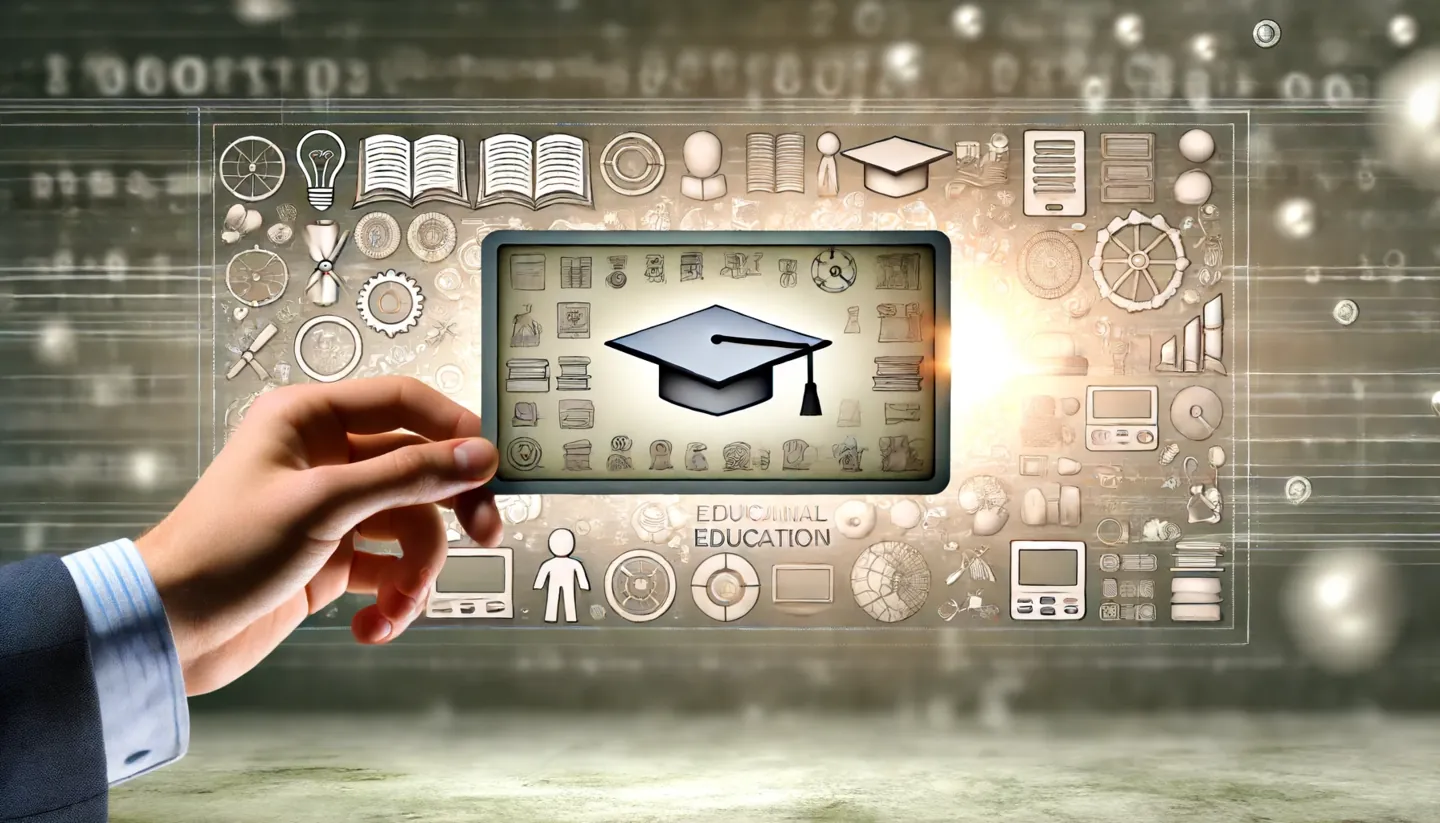
Modern technologies, including online learning platforms and video conferencing, are crucial for facilitating distance education. These tools enhance the interaction between educators and students by enabling information exchange and allowing for instruction even when physical proximity is not possible.
Support for distance learning offers a more flexible and accessible educational experience. Students can access learning materials from any location worldwide and at times most convenient for them, which is particularly beneficial for those with limited opportunities or living in remote areas.
Furthermore, distance learning plays a critical role in developing digital literacy skills necessary for successful integration into today’s workforce and continuous professional advancement. As students engage with digital tools throughout their educational journey, they are effectively preparing for future professional environments.
Boosting Collaboration and Communication
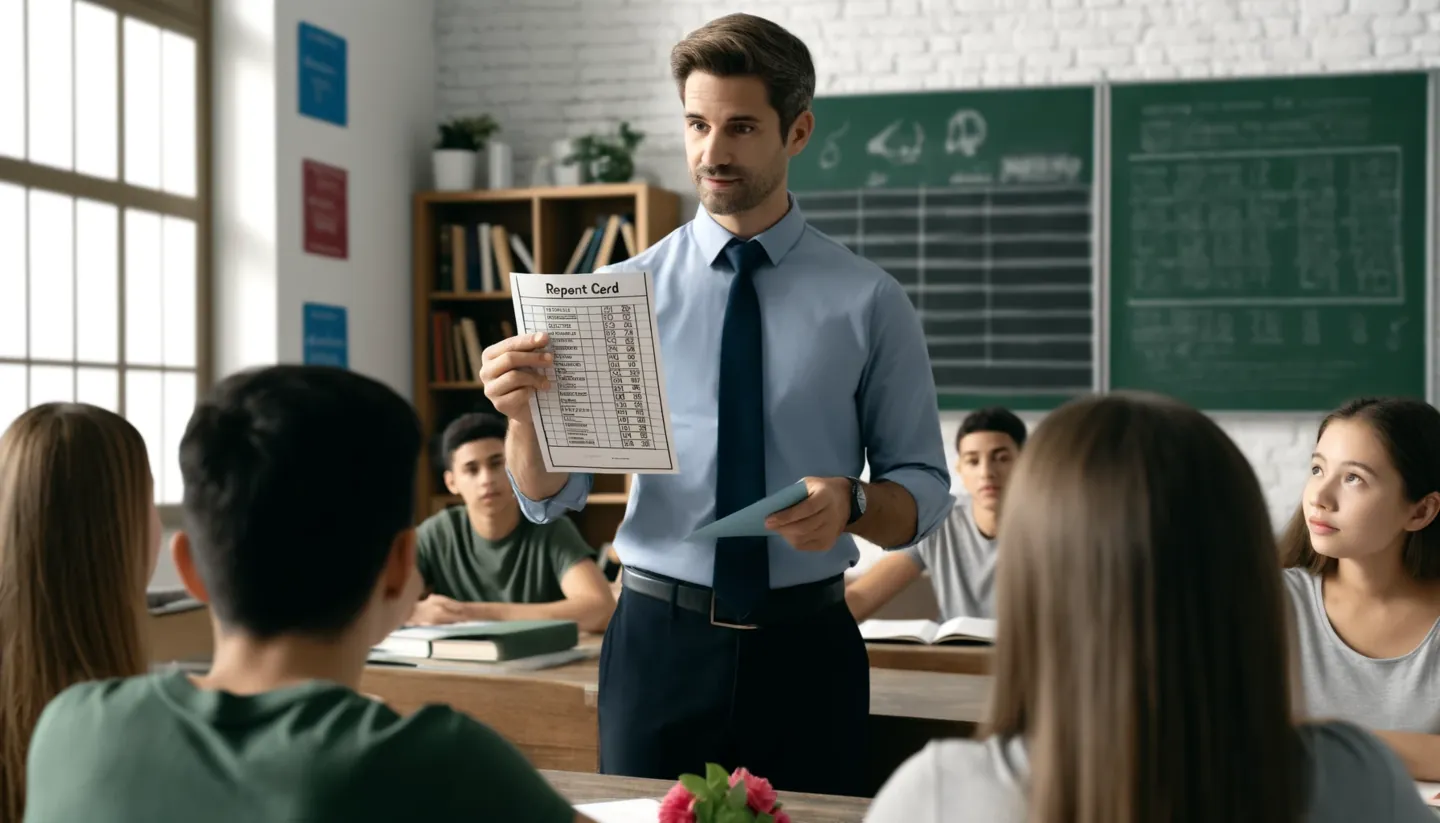
Digital technology significantly facilitates communication and collaboration among participants in the educational process. Utilizing social networks, messaging apps, and online forums not only enhances knowledge sharing but also supports collaborative project work.
Engagement in the educational environment aids in developing essential social skills such as teamwork, conflict resolution, effective communication, and respect for diverse perspectives.
Collaborative efforts do more than just enhance student motivation; they also cultivate a sense of community and significance, encouraging robust participation in the educational process.
The role of communication and collaboration is also vital in the professional development of educators. By sharing experiences and receiving peer support, teachers can enhance their professional skills and implement educational strategies more effectively.
Conclusion
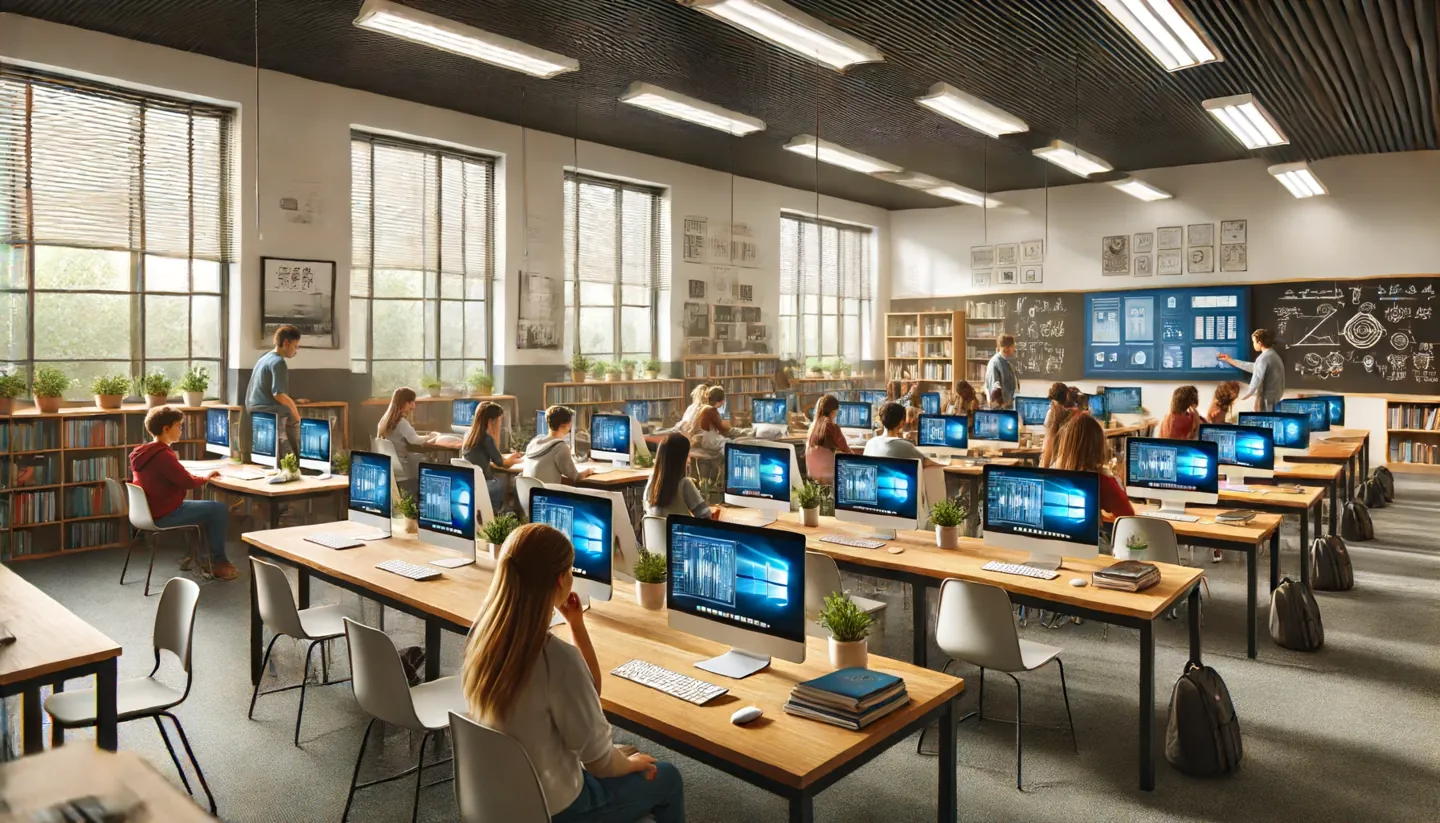
have a profound impact on the educational landscape, expanding possibilities and opportunities for all involved. These technologies facilitate access to educational resources, support personalized learning paths, foster new skill development, and enhance student involvement. Modern interactive teaching techniques and tools heighten the efficacy of both instruction and evaluation of academic success. Distance learning has evolved into an essential component of the contemporary educational system, particularly significant in addressing global challenges like pandemics.

